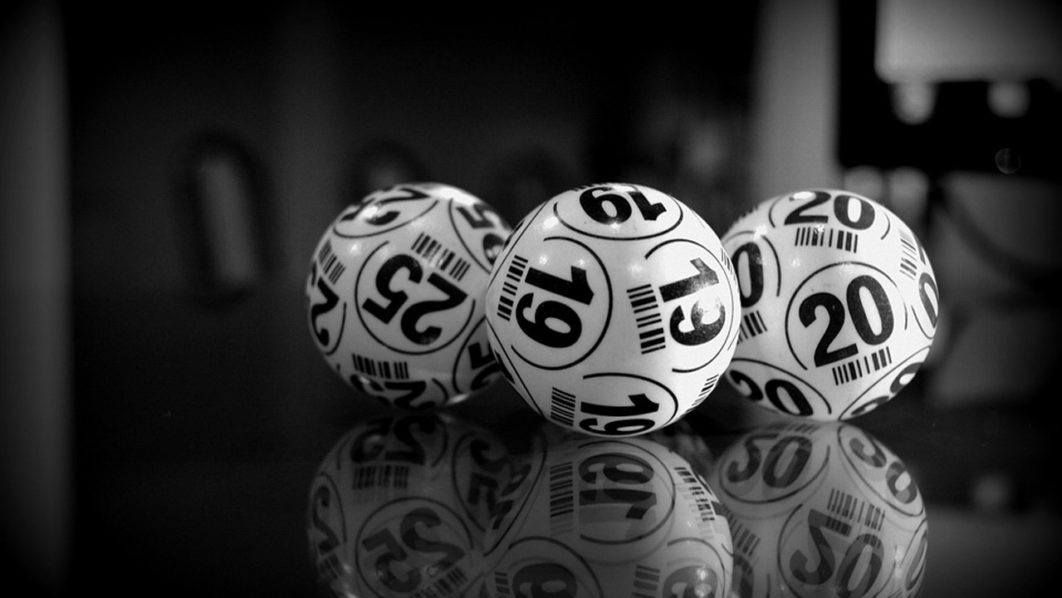
The allure of the lottery, where hope intertwines strokes of luck, draws individuals from all walks of life. When a random string of numbers could potentially change your life for the better, why should anything hold you back from giving it a shot?
But have you ever wondered how this captivating dance of destiny is orchestrated? Enter the unsung hero of the lottery world: The Random Number Generator (RNG) service.
For every legit online lottery outlet out there– like BritLottery, for instance– intricate algorithms weave mathematical sorcery underneath the interface of lottery games that generate winning numbers.
In the realm of online lotteries, where the traditional draw machines make way for their online counterparts, RNG services serve as the guardians of randomness. It employs sophisticated algorithms to conjure the winning numbers that will determine the fate of countless hopeful souls.
How RNG Services Work
In software-based RNGs, algorithms are used to generate sequences of numbers that appear random. The algorithm takes an initial value known as the seed, which sets the ball rolling for generating random numbers.
Unlike truly random numbers, which are inherently unpredictable and occur naturally, seed value renders random number generation as a deterministic process, and hence such RNGs are also called Pseudo Random Number Generation (PRNG). That said, sophisticated PRNG algorithms have been designed to output sequences of numbers that exhibit properties similar to those of true random numbers. While pseudo-random numbers are not truly random in the strictest sense, they can still be highly useful in many practical scenarios.
As such, the RNG services in use today involve complex mathematical formulas, bitwise operations, and sophisticated calculations to ensure higher-quality randomness. RNGs also relies on physical factors, such as atomic or subatomic physical phenomenon whose unpredictability can be traced to the laws of quantum mechanics.
In lottery games like Lotto and similar iterations where multiple numbers are drawn, the RNG algorithm works repeatedly, generating a sequence of winning numbers that will determine the victors. The algorithms are designed to ensure that each number is selected independently and without any influence from previous draws or external factors. This unbiased nature lies at the core of the RNG service. It provides a level playing field where everyone has an equal chance of achieving their dreams.
The complexities of RNG algorithms stem from the need to strike a delicate balance between randomness, efficiency, and security. They must resist prediction, pass statistical tests, and withstand attempts to exploit their outputs. Achieving these objectives requires intricate designs and rigorous scrutiny.
Example of How an RNG Algorithm Works
Here’s a simple explanation of an RNG algorithm in equation form.
X(n+1) = (a * Xn + c) mod m
In this equation, Xn represents the current value (seed or previously generated number), Xn+1 represents the next generated number, ‘a’ is a multiplier, ‘c’ is an increment, and ‘m’ is the modulus.
The operation renders random values of X(n+1) for every iteration. Also, the randomness produced depends on the choices of the multiplier, increment, and modulus. Carefully selecting these parameters is necessary to ensure desirable statistical properties and avoid issues like periodicity or correlation in the generated sequence.
One commonly used RNG algorithm is the Mersenne Twister. Known for its high-quality random number generation, it was developed by Makoto Matsumoto and Takuji Nishimura in 1997. Needless to say, it has become widely adopted in various programming languages and applications.
RNG Services Powering BritLottery Games
With a diverse array of captivating lottery games, BritLottery stands as the ultimate destination for those seeking to test their luck.
- Euromillions, the renowned pan-European lottery, takes centre stage every Tuesday and Friday
- For the avid Lotto enthusiasts, Wednesdays and Saturdays hold the promise of life-altering transformation
- If the thrill of rapid-paced games calls out to you, Powerball takes centre stage and offers draws every five minutes
- Similarly, Thunderball further democratises strokes of luck four days a week
At the heart of BritLottery’s operations lies a custom-built RNG service, meticulously crafted and validated by in-house mathematicians and certified industry experts. This bespoke software embodies precision and reliability, ensuring the utmost integrity of each draw.
Backed by a team of engineers and technology experts, BritLottery’s RNG service is a fortress of lottery technology integrity. Free from the influence of human factors, it guarantees a level playing field where every participant stands an equal chance to bask in the glory of victory.
The next time you purchase an online lottery ticket, remember the unseen hand that guides the dance of numbers. Behind the digital curtain, RNG service holds the key to a world where dreams are born, and destinies are rewritten.
Beyond the annals of online lotteries, RNG finds use in gambling, statistical sampling, computer simulation, cryptography, completely randomized design, and areas where producing an unpredictable result is desirable.






